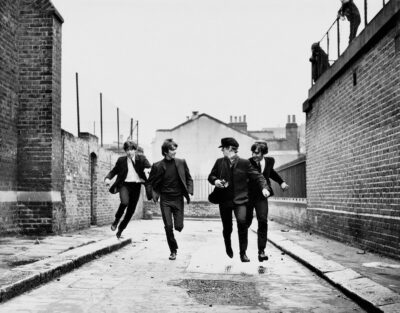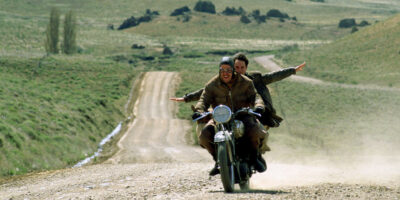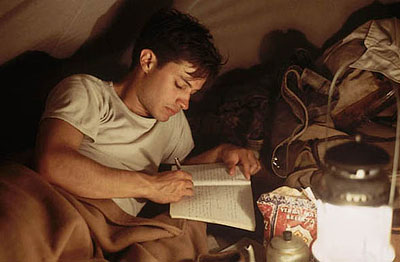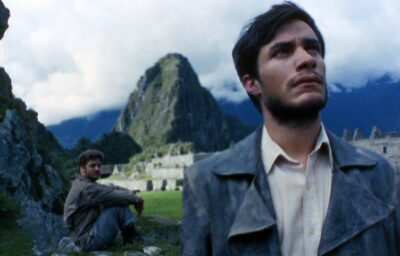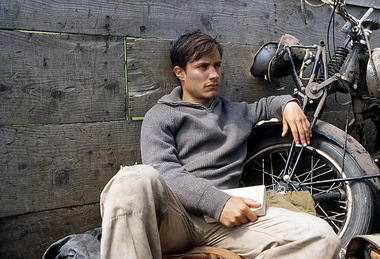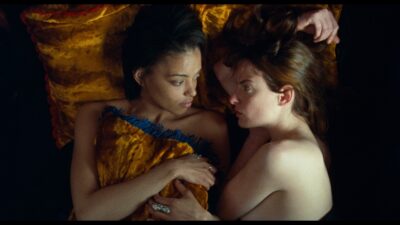Laemmle Theatres and the Anniversary Classics Series present THE MASQUE OF THE RED DEATH, the seventh and penultimate picture of Roger Corman’s film adaptations of the works of American literary titan Edgar Allan Poe. The film stars horror icon Vincent Price, Corman’s “muse of the macabre,” who top-lined seven of the eight Poe films. The film is widely regarded as the best installment in the series and Corman’s personal favorite of all his films. We present ‘The Masque of the Red Death‘ on one night only, Halloween Eve, Wednesday, October 30 at 7:00 PM at the historic Royal Theatre (celebrating its centennial year) in West Los Angeles.
Producer-director Roger Corman, who died earlier this year, was one of the most prolific independent filmmakers in movie history. He specialized in low-budget cinema and was the self-appointed “king of the B movie,” producing a steady stream of exploitation titles that spanned six decades and multiple genres. In 1960 he turned to the works of an author he admired, Edgar Allan Poe, the nineteenth-century master of gothic poetry, detective fiction, mystery, and the macabre. He began with a stylish if frugal version of Poe’s “The Fall of the House of Usher,” which found critical and commercial success, with Price in the lead, and launched a well-received and popular Poe franchise. In 1964 Corman ventured to the U.K. for the last two films of the series, commencing with ‘The Masque of the Red Death.’ Britain was an appropriate set for Poe’s tale of plague-ravaged 14th century Europe, which was devastated by the Black Death.
Price plays Prince Prospero, a malevolent overlord who terrorizes his peasantry amidst the Red Death. After his domain is depopulated, he retreats behind his castle walls with “light-hearted friends from among the knights and dames of his court” (Poe) to wait out the plague. Trapped with him there are his devil-worshiping mistress (Hazel Court), an abducted young couple from the local village (David Weston and Jane Asher), and a particularly debauched guest (Patrick Magee). Using leftover sets from ‘Becket,’ Corman’s principal production designer for all his Poe films, Daniel Haller, and cinematographer (and future auteur) Nicholas Roeg crafted a sumptuous, “colorful symphony of the macabre.” Citing Roeg’s contribution, Peter Bradshaw in the Guardian called the film “an expressionist horror ballet, extravagantly shot.”
Corman employed frequent screenwriter-collaborator Charles Beaumont (‘The Intruder,’ ‘The Premature Burial,’ ‘The Twilight Zone’) and R. Wayne Campbell to meld two Poe stories, “The Masque of the Red Death” and “Hop Frog” with the final product. It would later b praised by TV Guide as “the most intelligent and literate of the Poe series.” The New York Times called it “astonishingly good,” and The Times U.K. gave this assessment: “High camp meets high art in this cheeky Roger Corman flesh-feast that aspires to lofty ideals. However, monologues about the nature of God and terror, as well as psychedelic dream sequences, give the film an unexpected weight. A marvel.” Indeed, other critics have cited the film as echoing the works of Ingmar Bergman and Luis Buñuel, two directors Corman greatly admired.
Price received his best notices of the Poe series, with Variety citing him as “the best interpreter of the Poe character, and he succeeds in creating an aura of terror.” Poe, the most famous American author of the 19th century, remains renowned in the 21st century for his pioneering detective fiction, horror tales, and haunting verse. As Bradshaw pointed out in his Guardian review, “Corman’s formal artistry and conviction on a limited budget…with his iconic Poe adaptations did more than anyone in academe to establish the author’s position in the literary canon.”


